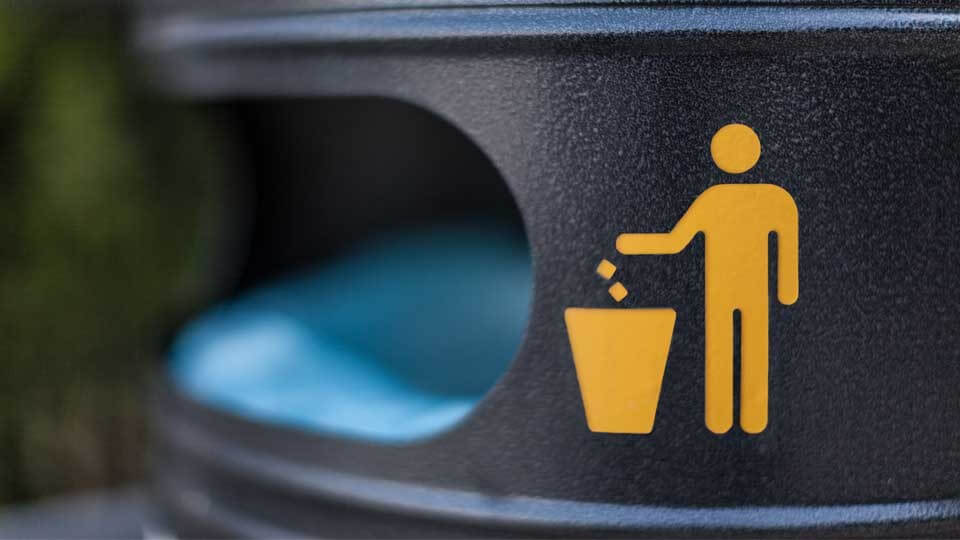
In the work of the local church, a pastor will frequently come across people that are challenging to manage, much less lead. These are folks that have established unhealthy habits in relationships or have learned responses to conflict that have frequently proved destructive.
Who are these people and what can we do with them? Believe it or not, they come in several, easy-to-identify varieties and you can learn to manage them and even lead them to healthier behaviors.
The Garbage Collector
The “Garbage Collector” in a church is typically that individual who surrounds themselves with negative people and/or accumulates the negative attitudes and opinions of other people. You’ll recognize them as the fella who starts a lot of sentences with, “Pastor, everybody’s upset about…” This person believes they have their finger on the pulse of the congregation and is ready with thier diagnoses of all that needs to be done differently, ‘cause, well…everyone is saying it.
How to Manage the Garbage Collector
1. Check with others. At a third deacon meeting, when my suspected “Garbage Collector” had dumped their aromatic bag in my lap, I turned to the other people at the table and asked, “Are you hearing people say these things, too?” No one nodded, but every other head shook from side to side, indicating that “everybody” wasn’t saying such things. So my friend amended their statement to “Well, a lot of people are feeling this way.”
2. Ask for names. Now be careful with this step. Don’t let your suspicious attitude show as you genuinely express a desire to know who is upset. Ask kindly, with a heart that says, “Well, I really want to help.” Usually, your “Garbage Collector” won’t want to “out” thier sources, but that doesn’t mean they don’t exist.
So, if the issue seems important enough to deal with, ask your “Garbage Collector” to set up a meeting with those who have complained so we can resolve their concerns. Of course, you don’t take the “If-people-don’t-like-something-they-need-to-come-directly-to-me” approach. Be careful what you ask for. If your church is going to grow, you need your deacons and other leaders knowing how to solve some problems without your involvement. But if there’s a group of people concerned over the same issue, show your willingness to listen to them and your ability to resolve conflicts.
3. Narrow their statements. “Garbage Collectors” tend to exaggerate the breadth or degree of concern. Ask them for specific statements, and how many people had spoken to them (if you weren’t given names). You need to know the size of the damage before you can build a good plan to repair it.
4. Require accountability. If you still can’t get names (and you probably won’t), help your “Garbage Collector” understand that you can’t resolve anonymous complaints and that these friends are putting them in an awkward place by expecting them to take care of their concerns.
Conclusion
If you’re going to have healthy leaders, you have to teach healthy leadership, and once you have done so, you can, then, expect that healthy behavior. I have found that teaching on these things once a year to my leaders helps establish a clear understanding of the necessary expectations and gives me a reference point for requiring accountability when it’s needed.
Want more ThoughtHub content? Join the 3000+ people who receive our newsletter.
Learn More About Managing Difficult People in Ministry:
*ThoughtHub is provided by SAGU, a private Christian university offering more than 60 Christ-centered academic programs – associates, bachelor’s and master’s and doctorate degrees in liberal arts and bible and church ministries.



